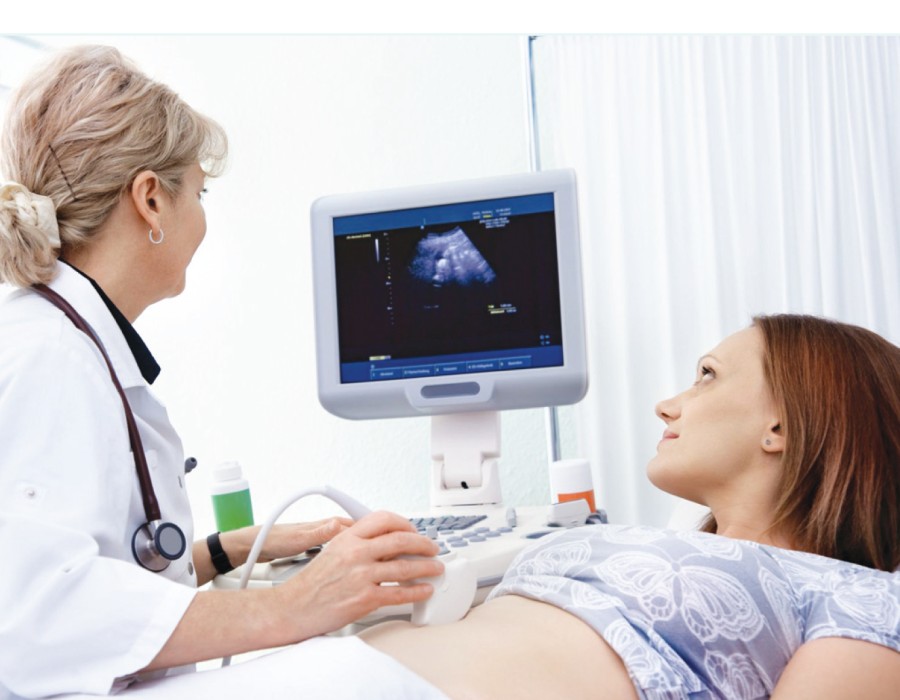Early detection and treatment of fibroids are crucial for several reasons, impacting a woman’s health, quality of life, and fertility. Here are the key points highlighting the importance:
Health and Symptom Management
Symptom Control:
- Pain and Discomfort: Fibroids can cause significant pelvic pain, heavy menstrual bleeding, and pressure symptoms. Early detection allows for timely management, reducing these debilitating symptoms.
- Anemia Prevention: Heavy bleeding from fibroids can lead to anemia, causing fatigue and other health issues. Early treatment helps prevent or mitigate anemia.
Prevention of Complications:
- Fibroid Growth: Small fibroids are often easier to manage. If left untreated, fibroids can grow larger, becoming more difficult to treat and potentially causing more severe symptoms.
- Organ Pressure: Large fibroids can exert pressure on surrounding organs, such as the bladder and bowel, leading to urinary and gastrointestinal issues.
Fertility and Reproductive Health
Fertility Preservation:
- Impact on Conception: Fibroids can interfere with conception by distorting the uterine cavity, blocking fallopian tubes, or disrupting blood flow to the endometrium. Early treatment can improve fertility outcomes.
- Pregnancy Complications: Fibroids are associated with an increased risk of miscarriage, preterm birth, and complications during labor. Early intervention can mitigate these risks.
Treatment Options and Outcomes
Less Invasive Treatments:
- Minimally Invasive Procedures: Early detection often allows for the use of less invasive treatments, such as medication, hormonal therapy, or minimally invasive surgical techniques like laparoscopic or hysteroscopic myomectomy.
- Avoidance of Major Surgery: Treating fibroids early can sometimes prevent the need for more invasive procedures like a hysterectomy, preserving the uterus and potentially fertility.
Better Prognosis:
- Successful Management: Early fibroid treatment generally results in better management of fibroids, with a higher likelihood of symptom relief and reduced recurrence rates.
- Quality of Life: Timely intervention can significantly improve a woman’s quality of life, reducing the physical and emotional burden of fibroid symptoms.
Monitoring and Surveillance
Regular Monitoring:
- Tracking Growth: Early detection allows for regular monitoring of fibroid size and growth patterns, enabling timely adjustments in treatment plans.
- Preventive Care: Routine gynecological exams can help identify fibroids at an early stage, even before significant symptoms develop.
Conclusion
Overall, early detection and treatment of fibroids are essential for managing symptoms, preserving fertility, preventing complications, and improving overall health outcomes. Women experiencing symptoms or those with a family history of fibroids should seek regular gynecological care to ensure early identification and appropriate management of this common condition.





Comments